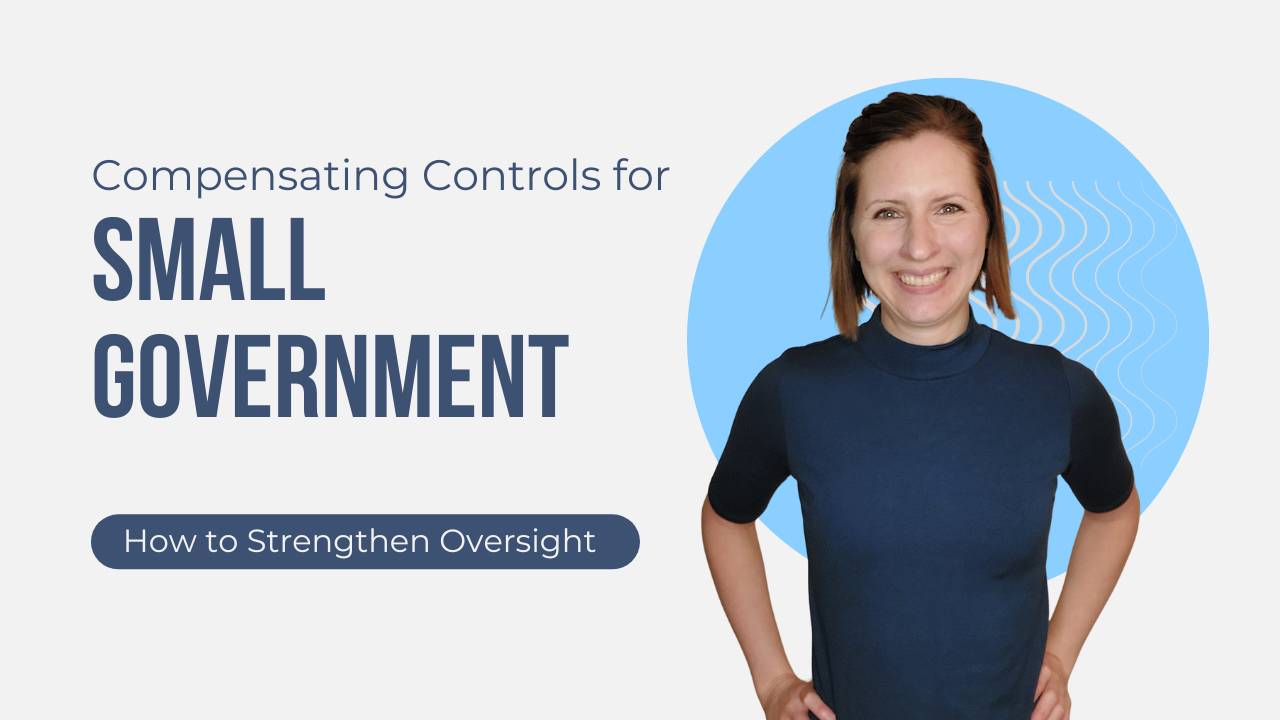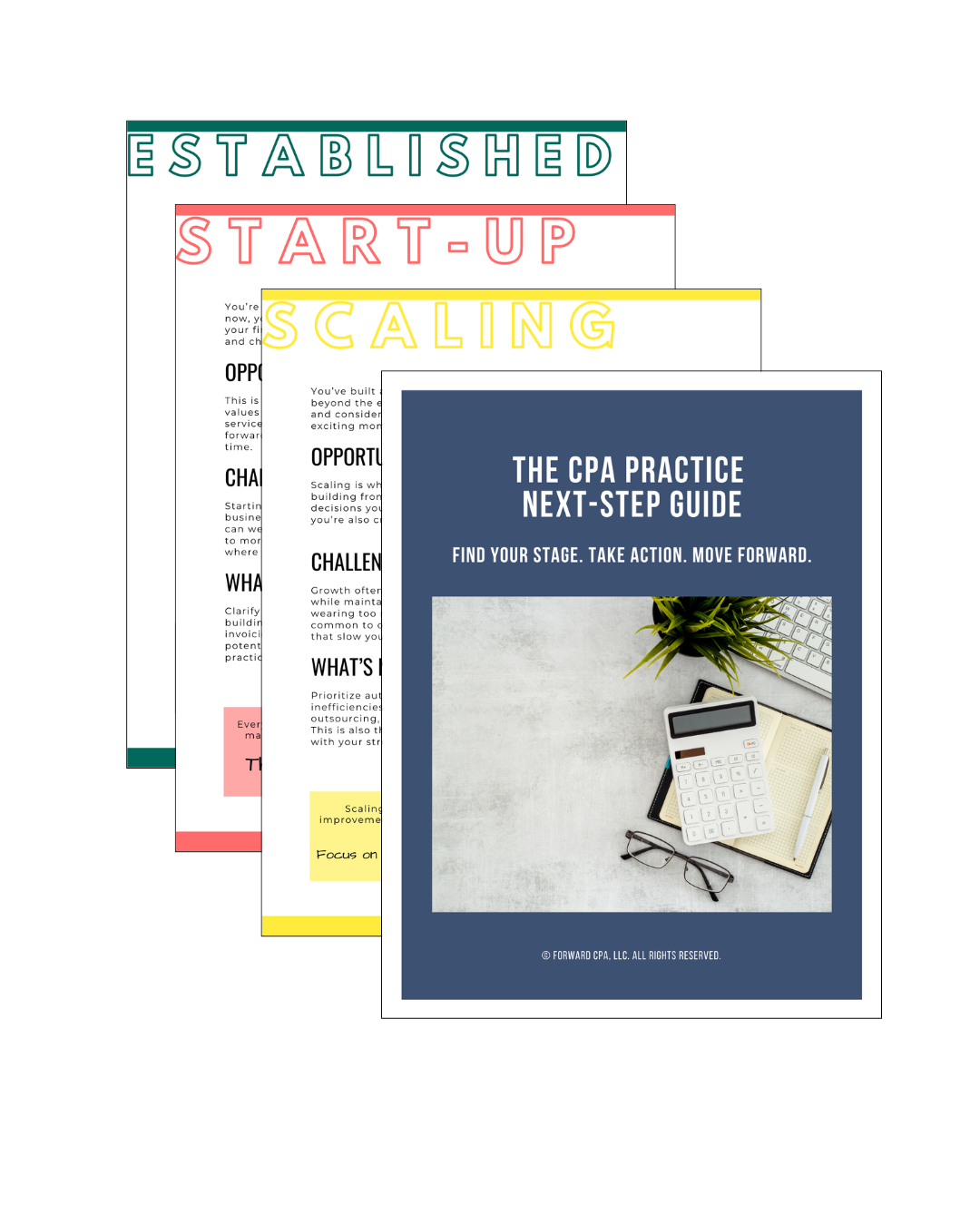How to Handle Difficult Clients Without Losing Your Sanity
Apr 15, 2025
Every CPA firm has them - difficult clients who drain your time, question your expertise, and make your job more stressful than it needs to be. Whether they ignore deadlines, push back on fees, or expect immediate responses at all hours, these clients can quickly take a toll on your productivity and mental well-being.
I've dealt with my fair share of challenging clients in my career. Over time, I realized that handling difficult clients isn't about giving in - it's about setting boundaries, improving communication, and knowing when to walk away.
Here's how to manage difficult clients in your CPA firm without losing your sanity (or your best-paying clients).
Set Boundaries Early and Stick to Them
Most difficult client relationships start with unclear expectations. If a client doesn’t know your availability, fees, or scope of work, they’ll push limits—sometimes without even realizing it.
Set clear boundaries from the beginning:
✔ Define response times – Let clients know you respond to emails within 24-48 hours, not instantly.
✔ Use engagement letters – Clearly outline what’s included in your service and what will cost extra.
✔ Limit scope creep – If a client requests additional work, remind them of the agreed-upon scope and provide a fee quote for extra services.
Action Step: Review your onboarding emails and engagement letters to ensure your boundaries are clearly communicated.
Control the Communication Flow
Some clients demand constant attention—whether it’s excessive emails, last-minute calls, or expecting immediate responses.
How to regain control of client communication:
✔ Schedule set check-in points – Instead of responding to random client requests, schedule monthly or quarterly check-ins.
✔ Use a client portal – Encourage clients to upload documents and ask questions in a centralized system rather than endless emails.
✔ Turn off notifications after hours – Clients will respect your availability if you enforce it consistently.
Action Step: Set up an auto-responder explaining your typical response time and preferred communication channels.
Don't Let Pricing Become a Battle
Difficult clients often push back on pricing and invoices. Whether they argue over fees, delay payments, or expect free extras, pricing disputes can quickly become a major frustration.
How to handle price-pushing clients:
✔ Be firm on your rates – If you lower your price once, they’ll expect discounts every time.
✔ Get payment upfront for difficult clients – If a client has a history of late payments, require retainer or upfront billing.
✔ Send invoices with clarity – Break down what’s included so there’s no confusion about charges.
Action Step: Implement automatic invoicing and payment reminders to avoid chasing clients for payments.
Redirect Emotional Clients with Professionalism
Some clients bring stress, urgency, or frustration to every interaction. Whether they’re panicking over tax deadlines or constantly questioning your expertise, emotional clients can drain your energy.
How to stay professional with high-stress clients:
✔ Acknowledge their concerns – Say, “I understand this is stressful for you. Let’s go over the next steps.”
✔ Stick to facts, not emotions – Present solutions based on data and logic, not emotions.
✔ Avoid reactive responses – If a client sends a heated email, wait before replying. A well-thought-out response is always better than an immediate one.
Instead of absorbing their panic, I keep the conversation solution-focused. Redirecting clients to a process or structured timeline helps reduce unnecessary back-and-forth.
Action Step: Create a standardized response template for handling stressed-out clients professionally.
Know When to Fire a Client (and How to do It Professionally)
Not all clients are worth keeping. If a client constantly disrespects boundaries, doesn’t pay on time, or creates too much stress, it may be time to let them go.
Signs it’s time to fire a client:
❌ They drain more time than they’re worth – If one client is taking up the same time as five others, it’s not sustainable.
❌ They don’t respect your policies – If they constantly ignore deadlines or expect favors, it’s a red flag.
❌ They underpay or don’t pay on time – Late or contested payments aren’t worth the hassle.
How to Let a Client Go Professionally
✔ Give them a referral – If possible, recommend another CPA who might be a better fit.
✔ Stick to the facts – Say, “Due to capacity constraints, we won’t be able to continue working together after [date].”
✔ End on a positive note – A professional, polite exit protects your reputation.
Action Step: Draft a client termination template so you’re prepared if you ever need to end a business relationship.
Difficult Clients Don't Have to Control Your Firm
Managing difficult clients in a CPA firm is about setting boundaries, communicating clearly, and knowing when to walk away.
🚀 Key Takeaways:
✔ Set clear boundaries upfront with engagement letters and onboarding emails.
✔ Control communication to prevent excessive emails and urgent last-minute requests.
✔ Be firm on pricing to avoid billing disputes and late payments.
✔ Stay professional with emotional clients—redirect stress toward solutions.
✔ Know when to let go of clients who don’t respect your time or value your work.
By managing difficult clients strategically, you can reduce stress, protect your sanity, and create a CPA firm that serves the right clients—without draining you.
Are you ready to take back control of your client relationships?
Your Next Step Forward
Join the newsletter designed to help CPAs take the next best step in building a practice they love, with practical insights, game-changing tools, and quick wins in every email.
We hate SPAM. We will never sell your information, for any reason.




